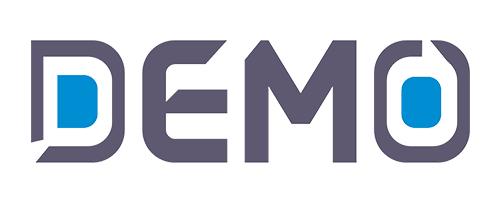LTTAs
Project Activity
LTT C1: Digital Platform Enterprise Summer School (M19)
The first edition of the “DEMO Summer School” it to test the training methodology, training materials and learning tool in real-life setting, to understand where improvements are necessary for the second edition of the summer school. At the same time the event aims to enable students to apply the knowledge gained during the online part of the blended mobility (3 months) to solve co-operatively solve real design challenges using design sprints. The goal for students is to understand and apply novel working concepts, gain knowledge in new topics of Digital Enterprise, increase their abilities to use software tools and methodologies in solving complex interdisciplinary problems. This will require them to further develop their critical and creative thinking as well as their transversal competencies and apply those using digital technologies. The activity will also provide a best practice case for universities in modernizing their curricula, narrowing the competence gap between education and skills requirements for the labor market, using innovative working methods as well as current educational topics and applications.
LTT C2: Digital Platform Enterprise Summer School (M31)
The second edition of the “DEMO Summer School” aims to incorporate the feedback received from the first edition of the summer school in order to optimize the training materials as well as the educational process wherever necessary. At the same time the event aims to enable students to apply the knowledge gained during the online part of the blended mobility (3 months) to solve co-operatively solve real design challenges using design sprints. The goal for students is to understand and apply novel working concepts, gain knowledge in new topics of Digital Enterprise, increase their abilities to use software tools and methodologies in solving complex interdisciplinary problems. This will require them to further develop their critical and creative thinking as well as their transversal competencies and apply those using digital technologies. The activity will also provide a best practice case for universities in modernizing their curricula, narrowing the competence gap between education and skills requirements for the labor market, using innovative working methods as well as current educational topics and applications.
